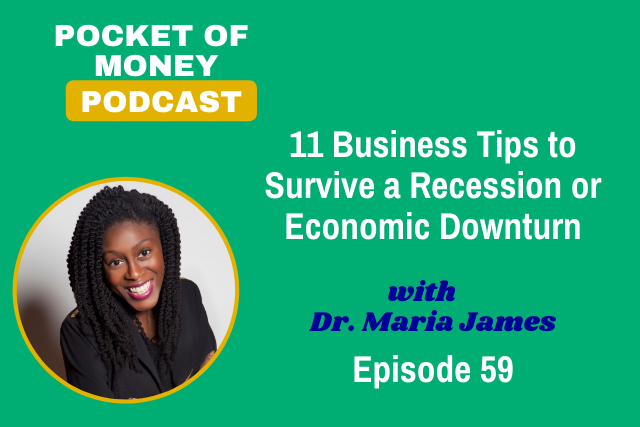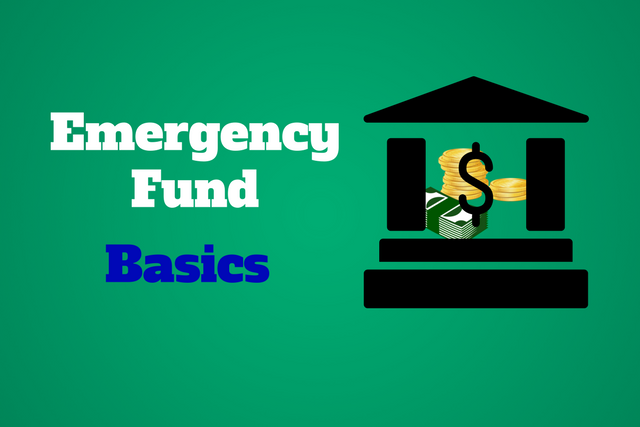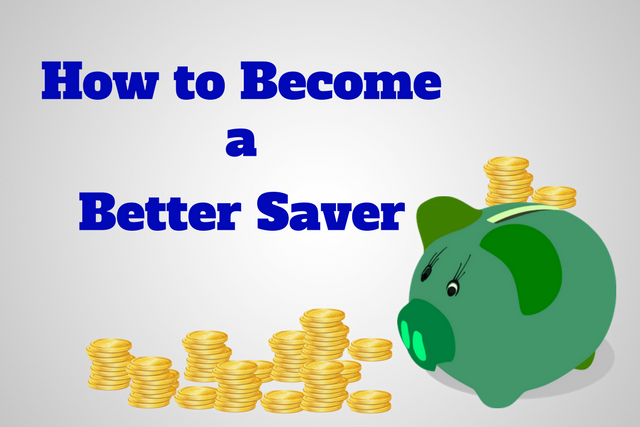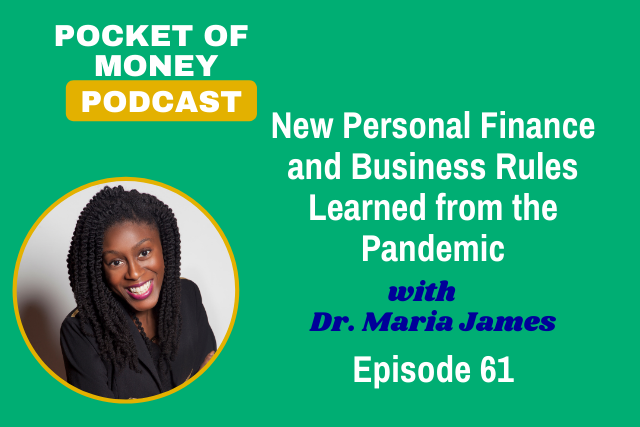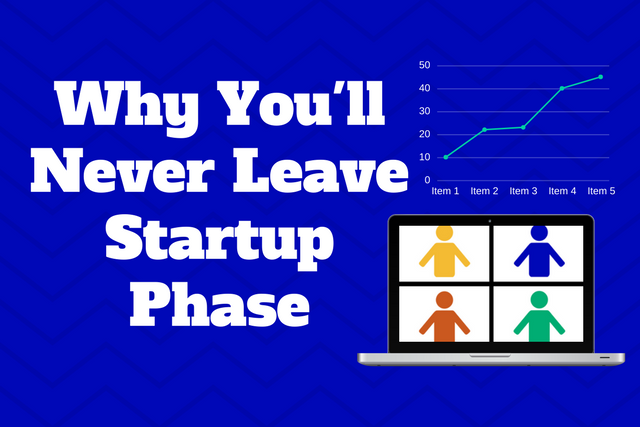When Should I Consolidate Loans


Debt is the bane of many people’s existence. According to a study done by Nitro College, the vast majority of Americans have debt, approximately 80% have debt. Questions of “what can I do about this” leads to consolidation and the question when should I consolidate loans. It’s a little tricky.
Student loans and credit card debt are two very common forms of debt. The average student graduated with over $37,000 in student loans. The person who has gone to graduate school likely has over $100,000 in student loans. The average credit card debt is $6,929, according to a NerdWallet survey.
Debt can quickly get out of control. I’ve had people tell me that they know they will die with student loans. People have also told me that they aren’t pressed with paying the student loans because they know they will never pay them off.
Yikes.
This sentiment is often strengthened by the fact that so much of their take-home pay is going towards the loans. It’s hard to see your way out or to simply be frustrated with the situation. Well, there may be options to help you alleviate the pressure or expedite the process of debt elimination.
(Psst … you also may want to get the free Debt Elimination Resource Kit.)
Consolidation may be the answer. You’ll have to see if it is the best option for your situation. First, let’s go over exactly what consolidating your loans mean. We’ll break it out into student loans and credit cards.
Student Loans
Consolidation: You apply for and receive a new loan to pay off your federal student loans. This allows you to make one payment instead of worrying about multiple payments. This is a Direct Consolidation Loan. You can apply for free on the website.
Consolidation is different from refinancing. Let me explain what that is as well.
Refinancing: You apply for and receive a new loan with new terms that is used to pay off your student loans. You then work on repaying the new loan with one monthly payment. This can be used for private and federal student loans.
The big difference between consolidating versus refinancing student loans is the fact that consolidation is used for federal loans only and refinancing can be used on private and federal student loans. How do you know if you should take out a new loan to pay off your other loans?
Consolidate if:
1) You can’t afford your payment and want to get it lowered.
You can get a longer term to lower the monthly amount due. Be aware that this means that you will pay more in the long run, but if you need immediate breathing room in your budget then this is a good idea.
2) You want to switch from a variable interest rate to a fixed interest rate.
With a fixed interest rate there are no surprises. You can lock in that rate so you know your monthly payment for the duration of the repayment period.
Be sure to consider what benefits such as flexible repayment options that may be unavailable if you consolidate your loans. Double check this for each loan before including it in the consolidation.
Credit Cards
Oh credit cards, a simple plastic rectangle. They can be a tool for good, but also so much trouble. Consolidating credit cards is the same concept at consolidating student loans, but you have different options and a different process.
Consolidation: You apply for and receive a personal loan to pay off the balance of your credit cards. You can get a new lower interest rate and only have one payment to make.
Consolidate if:
- You can’t afford your monthly payment and want to lower it.
- You qualify for a loan or credit card with a much lower interest rate.
Consolidating so that you’re accruing less interest on the debt is good for your financial health. Of course, this means that you will have to pay less money overall in the long run.
Instead of applying for a specific program, here are the options:
1) Get a low interest credit card.
With a good credit score, you can get a credit card with a low-interest rate and use that to pay off the high-interest rate debt.
2) Get a personal loan.
You can get a personal loan with a lower interest rate and a set repayment payment schedule that spans 3-5 years.
After Consolidating
Consolidation works well, provided that you do not acquire new debt. It is a good idea to be able to better handle paying off your current debt. Have a plan to pay off the loans and not incur new debt. You don’t want to dig a new hole.
Student loans are pretty cut and dry. Unless you go back to school, you won’t be adding more student loan debt.
The real temptation is credit cards. Don’t use the credit cards. Don’t close them, just don’t use them. If you close them, that will shift your utilization aka debt to credit ratio. If you’ve used up a lot of your available credit then this lowers your credit score. If you close the cards then your available credit decreases while your amount of debt hasn’t decreased.
(Psst … you also may want to get the free Debt Elimination Resource Kit.)

